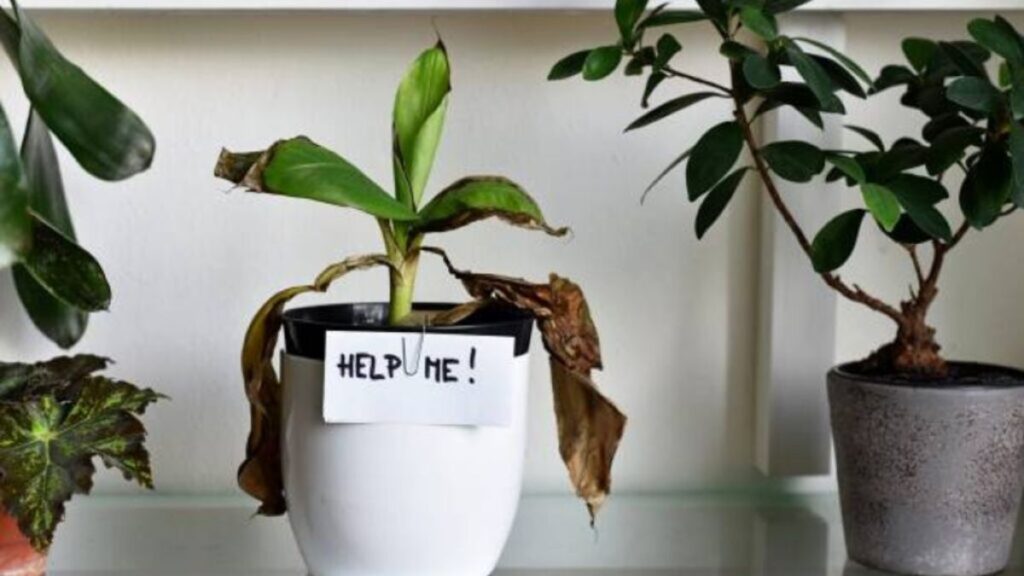Dying Indoor Plants: What They Reveal About Your Home’s Energy According to Vastu Shastra

Indoor plants are more than just decorative elements—they are living indicators of your home’s energy flow. If your plants are wilting despite proper care, Vastu Shastra, the ancient Indian science of architecture and energy balance, suggests that their decline may signal deeper imbalances in your living space.
What Dying Indoor Plants Say About Your Home’s Energy
According to Vastu Shastra, plants are sensitive to the energy (or prana) circulating in your home. When they start dying, it’s not always due to neglect or improper care—it could be a sign of blocked energy, emotional stagnation, or even financial challenges.
Key Insights from Vastu Shastra on Dying Indoor Plants
- Blocked Energy Flow
- The northeast corner of a home is considered sacred in Vastu, representing spiritual growth and positivity.
- A dying plant in this zone may indicate stagnant spiritual energy or obstacles in personal development.
- Neglect Invites Negativity
- Forgotten or ignored plants can symbolize neglected aspects of life, such as suppressed emotions or unresolved conflicts.
- Vastu teaches that unhealthy plants attract negative energy, making it crucial to tend to them mindfully.
- Symbolic Implications of Specific Plants
- Money plants (Epipremnum aureum) are linked to prosperity—their decline may hint at financial instability or missed opportunities.
- Tulsi (Holy Basil) is sacred in Vastu; its poor health could suggest a lack of harmony in the household.
How to Revive Dying Indoor Plants and Restore Energy Balance
If your plants are struggling, Vastu recommends addressing both their physical and energetic needs.
1. Evaluate Plant Placement
- Southwest Zone: Ideal for stability—placing plants here can enhance grounding energy.
- Avoid Bedrooms: Plants in sleeping areas may disrupt rest due to their active energy at night.
- Northeast for Sacred Plants: If spiritual growth is a priority, keep sacred plants like Tulsi here.
2. Declutter and Tend to the Space
- Remove dead leaves and debris around plants to allow energy (chi/prana) to flow freely.
- Engage in mindful watering and pruning to strengthen your connection with nature.
3. Use Natural Remedies for Soil Health
- Eggshells & Tea Leaves: Crushed eggshells add calcium, while used tea leaves improve soil texture.
- Avoid Overwatering: Excess moisture leads to root rot—water moderately based on the plant’s needs.
4. Let Go If Necessary
- Dead plants should be removed to prevent energy stagnation.
- Composting them can symbolize releasing old energy and welcoming new growth.
The Deeper Message: Plants as Energy Mirrors
Your indoor plants act as biofeedback tools, reflecting the unseen energy dynamics of your home. A thriving plant signifies harmony, while a dying one may highlight areas needing attention—whether emotional, financial, or spiritual.
By applying Vastu principles, you can revive your plants and rebalance your home’s energy, fostering a healthier, more harmonious living environment.
Final Thought
Next time a plant wilts, don’t just reach for the watering can—consider what it might be telling you about your home’s energy. With mindful care and Vastu adjustments, you can nurture both your greenery and your personal well-being.










